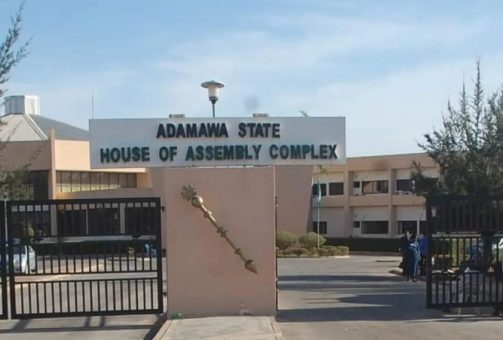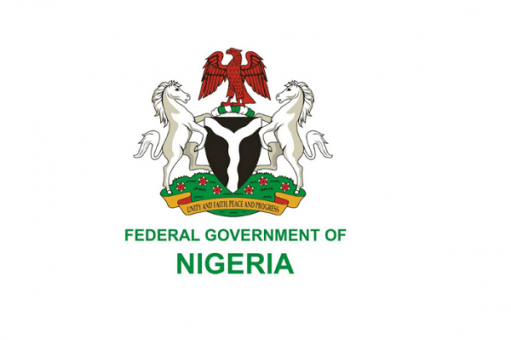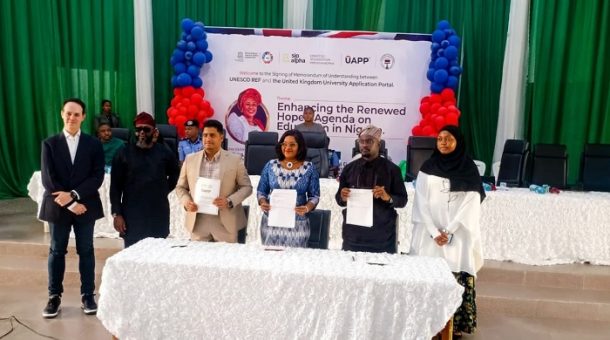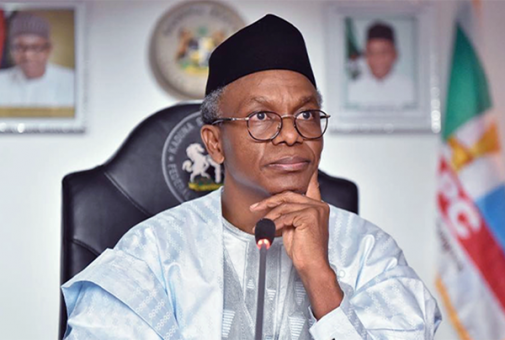
The Federal Government of Nigeria is currently engaged in discussions with the World Bank to secure loans totaling over $1 billion aimed at tackling critical challenges faced by Internally Displaced Persons (IDPs) and their host communities, as well as enhancing rural access and agricultural marketing within the country.
This initiative, outlined in World Bank documents titled ‘Solutions for the Internally Displaced and Host Communities Project’ and ‘Rural Access and Agricultural Marketing Project – Scale Up,’ seeks to address pressing issues such as unfair treatment and salary disparities affecting IDPs and their host communities, particularly in the northern regions of Nigeria.
The proposed loan for the Internally Displaced and Host Communities Project amounts to $500 million, while the Rural Access and Agricultural Marketing Project is estimated at $550 million.
These loans aim to improve access to basic services and economic opportunities for IDPs and host communities, with a focus on conflict-affected areas in the northern part of Nigeria. The projects seek to foster resilience and inclusivity, addressing the specific needs of vulnerable populations and integrating solutions tailored to local contexts.
The Federal Ministry of Budget and Economic Planning will act as the borrower for Nigeria, with implementing agencies including the National Commission for Refugee Migrants and Internally Displaced Persons and the North East Development Commission.
The initiatives encompass a comprehensive approach to development, encompassing infrastructure improvements, livelihood opportunities, climate-resilient economic development, and institutional strengthening to enhance service delivery.
Furthermore, the Rural Access and Agricultural Marketing Project – Scale Up aims to bridge the gap between rural communities and the broader marketplace, facilitating better access to agricultural markets, social amenities, and promoting overall social cohesion among rural populations.
Overall, these loan projects represent a significant investment in addressing humanitarian challenges, fostering economic growth, and enhancing the well-being of communities affected by displacement and rural isolation in Nigeria.







